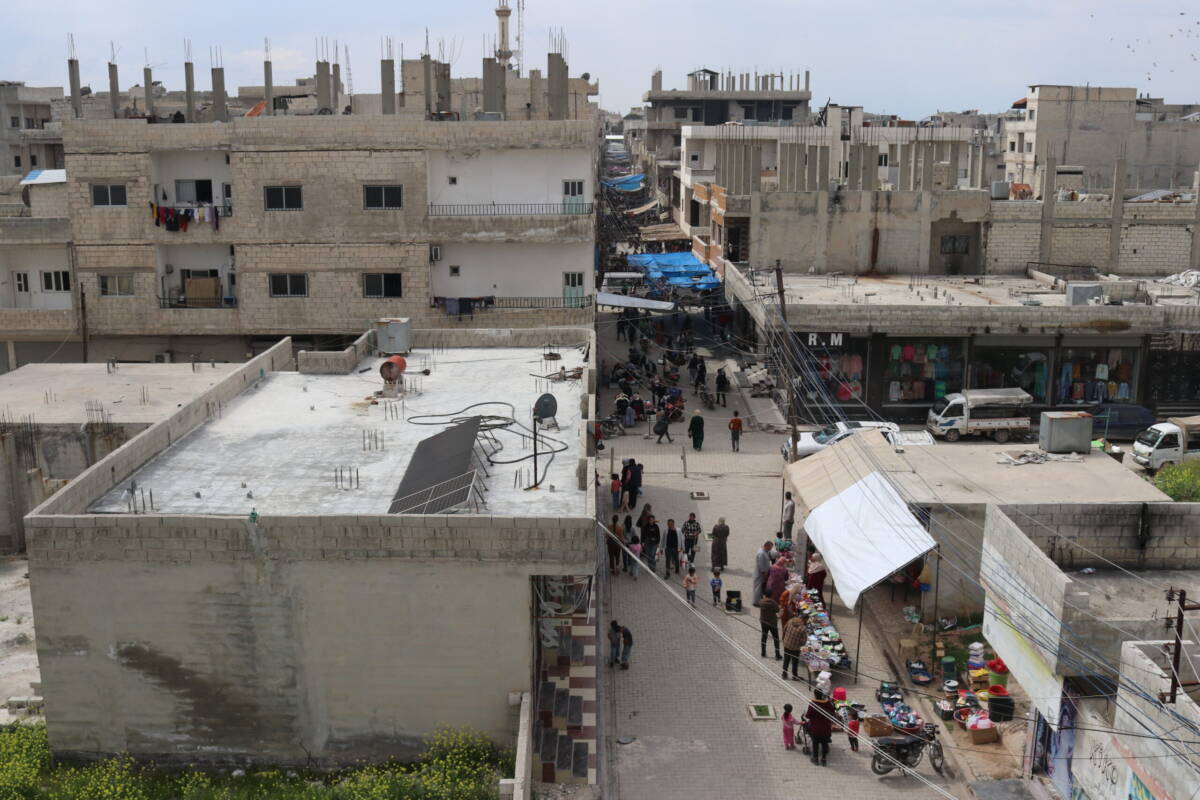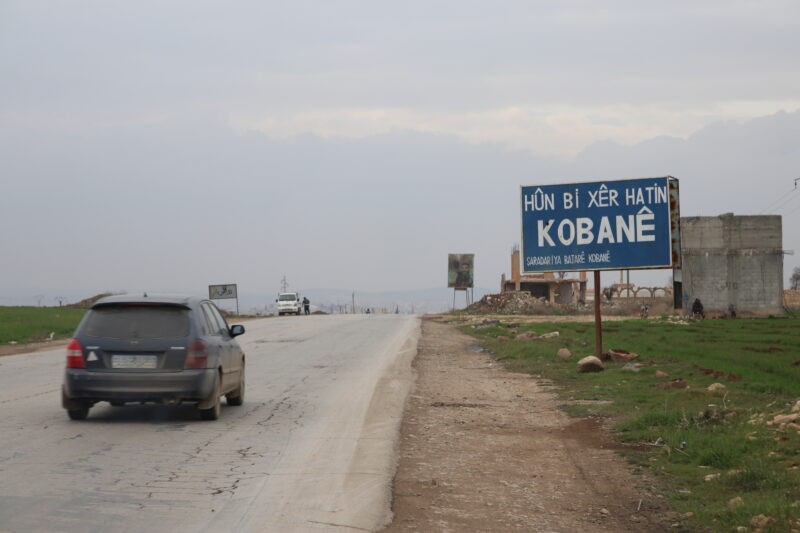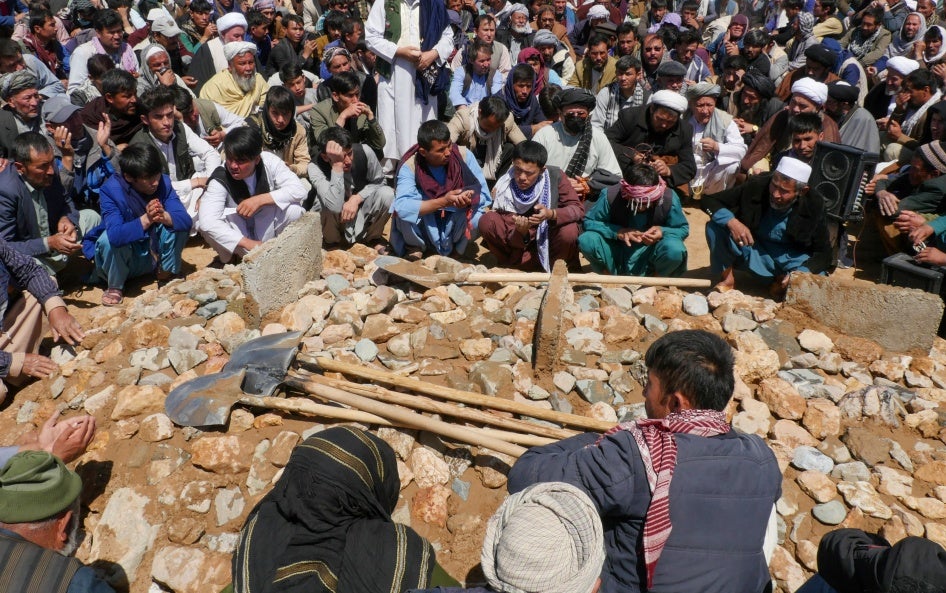Under the influence of electoral calculations for the year 2024, the political processes in Georgia and Moldova have acquired a geopolitical component of significant proportions. In both cases, the voices of local political actors are subject to the geopolitical dilemma regarding external allegiances. Even if the pro-European lobby has the support of the majority of the population of the two countries (Georgia: 86%; Moldova: 48%-54%), and the fact that the EU granted them both candidate country status in 2023, the (geo)political polarisation exerts considerable pressure on their European agenda.
Any scenario of these two countries swinging towards Russia is unlikely under current conditions, but it is increasingly visible that the movement towards the EU will be marked by influential "hybrid" actors. While Georgia's European trajectory is being disrupted by elements of the local oligarchic regime (Bidzina Ivanishvili), in Moldova the destabilising players hail from the openly pro-Russian opposition (considered the central elements of the "fifth column"), led by the fugitive Ilan Șor. Political rivals to the European agenda in Georgia and Moldova appeal to the Eurosceptic narrative and fiercely promote national sovereignty at the expense of the pro-European ideals.
EU and Russia: different approaches
The approaches of the EU, on the one hand, and those of Russia, on the other, are diametrically opposed in relation to Georgia and Moldova. By offering unconditional political support to the current Moldovan government, Brussels risks damaging its reputation by overlooking various examples of deviations from European good practices. The missteps include problems in the area of good governance (failure of the competition to appoint the prosecutor general, etc.), deficiencies in the administration of public assets (suspicions about the orchestration of certain tenders), and other failings. Contrary to their tolerant attitude towards the situation in Moldova, the European institutions are very vocal about the political developments in Georgia, where the government intends to introduce legal provisions that could stigmatise civil society, whose activities depend on Western funding. Both the EU's diplomatic and legislative arms have warned Tbilisi that adopting restrictive rules against non-governmental organisations (NGOs) goes against the South Caucasus country's European prospects.
On the other hand, Russia is trying to take advantage of the situation in the two Eastern Partnership countries. Moscow supports the pro-Russian Moldovan forces through political, media and financial means (the idea of “subsidies” for pensioners in Gagauzia, etc.). Geopolitical polarisation in Moldova favours Russia ahead of the presidential elections and referendum in 2024. Russia also benefits from growing disagreement between the Georgian government and the civil society and opposition. The lack of political dialogue continues to erode cohesion within Georgia and slow down or even block the democratic transition and Europeanisation of the country.
Georgia: seen through Russian reflection on non-alignment with the EU
The Georgian government is promoting a law on "transparency of foreign influence", described as a "Russian law" by civil society and opposition voices. Neither the EU nor the US have been able to convince the government in Tbilisi (the "Georgian Dream") to abandon the bill.
It requires NGOs that receive more than 20% of funds from abroad to register as "organisations pursuing foreign influence interests" (Friedrich Naumann Foundation, April 2024). This can expose them to excessive controls and penalties of almost $9,000 for non-compliance. Although under the scope of this law virtually any NGO with externally funded activities can be targeted, the government's attention is primarily directed toward those entities that are tangential to political processes. These are the civil society organisations who monitor electoral exercises, the quality of governance (reforms, fight against corruption, European integration), foreign policy, etc. Furthermore, some of these NGOs, although active in Georgia, implement similar projects related to Armenia and Azerbaijan.
In its resolution of April 25, the European Parliament warned the Georgian government that, if the law is passed, individual sanctions will be applied against Ivanishvili. Furthermore, in addition to compromising the country's status as an EU candidate, the controversial law could affect the liberalised visa regime with the EU. NGO representatives, together with youth, but also the opposition (in the background), understand the risks that the bill poses for the proper functioning of civil society (financial stability and political independence) and for the continuation of the European direction of the country. That is why the protest movement against the bill is massive. The entry into force of such a law could bring Georgia closer to the authoritarian practices of Russia and Azerbaijan. The indirect beneficiaries of this law will be the respective regimes of Vladimir Putin and Ilham Aliyev. The "autocratisation" of Georgia will distance it from the West, both the EU and Nato (US), which would represent a strategic gain for Moscow without any direct intervention. Ultimately, imposing a strict regime on civil society within Georgia will lead to its exile (to Europe instead of Armenia). Georgia's traditional role as the democratisation centre of the Caucasus will be severely inhibited.
Moldova: the tactics of pro-Russian forces
The risk that the presidential elections and the autumn referendum will become the target of Russian provocations is imminent. On the one hand, Moscow sees an attractive geopolitical opportunity, since the government's mediocre socioeconomic performance has reduced its degree of legitimacy in society. Adding to this vulnerability is the government's intention to combine the presidential elections with the constitutional referendum to facilitate the re-election of President Maia Sandu. Although this electoral process could give the upper hand to the Action and Solidarity Party (PAS), combining the elections with the referendum could mobilise both the anti-Sandu and the Eurosceptic (and pro-Eurasian) vote, through the mutual contagion.
On the other hand, Russia has managed to considerably diversify its political influence in Moldova. In parallel, in addition to the moderate pro-Russian forces, represented by the Socialists and Igor Dodon, Moscow is radicalising political groups linked to Ilan Şor, which have been outlawed or excluded from the 2023 local elections. The "radical" elements led by Şor allow Moscow to destabilise the government in Chisinau, which is then forced to take disproportionate measures to ensure national security. At the same time, certain measures adopted by the authorities that do not correspond to current legislation can multiply the number of dissatisfied social categories. An example of this is the confiscation of money brought from Moscow by Moldovan citizens associated with Şor, which does not exceed the legal limit (about €10,000 per person). In this context, the "moderate" political elements associated with Igor Dodon are being normalised by public opinion that seeks tolerable alternatives, which oppose the objective pursued by the government: the renewal of Maia Sandu's mandate.
The pressures that will be exerted through the Șor group will most likely gain a greater degree of sophistication. The high level of involvement of citizens in relations with Șor’s group in exchange for remuneration ("political bribery") will be maintained due to the high level of poverty and high public acceptance of such corruption. At the same time, in Moldova, in anticipation of hybrid actions, law enforcement agencies will inevitably become more repressive and aggressive. This may generate unwanted political costs for the government, which will have negative effects on the popularity of the European vector in the run-up to the referendum.
In conclusion, the establishment of legal mechanisms to inhibit civil society in Georgia or the disproportionate reactions of the Chisinau government against vulnerable social categories, recruited in political games by pro-Russian forces, could be detrimental to the European agenda. Finally, political and social disunity in these countries serves Russia's interests and could further complicate the EU's eastward expansion.








 Newsweek
Newsweek